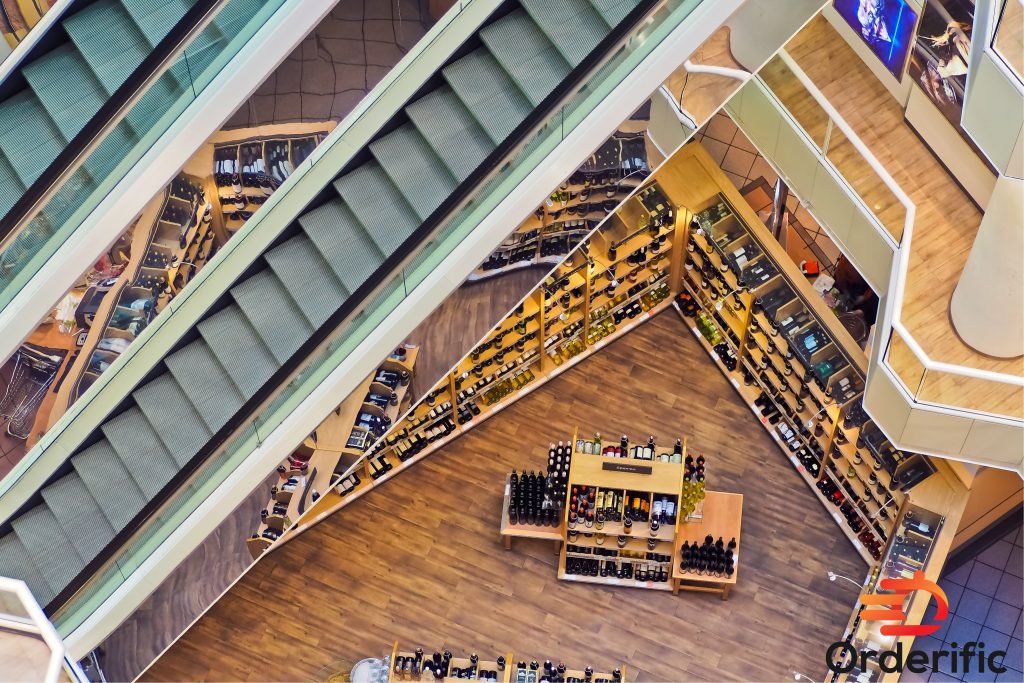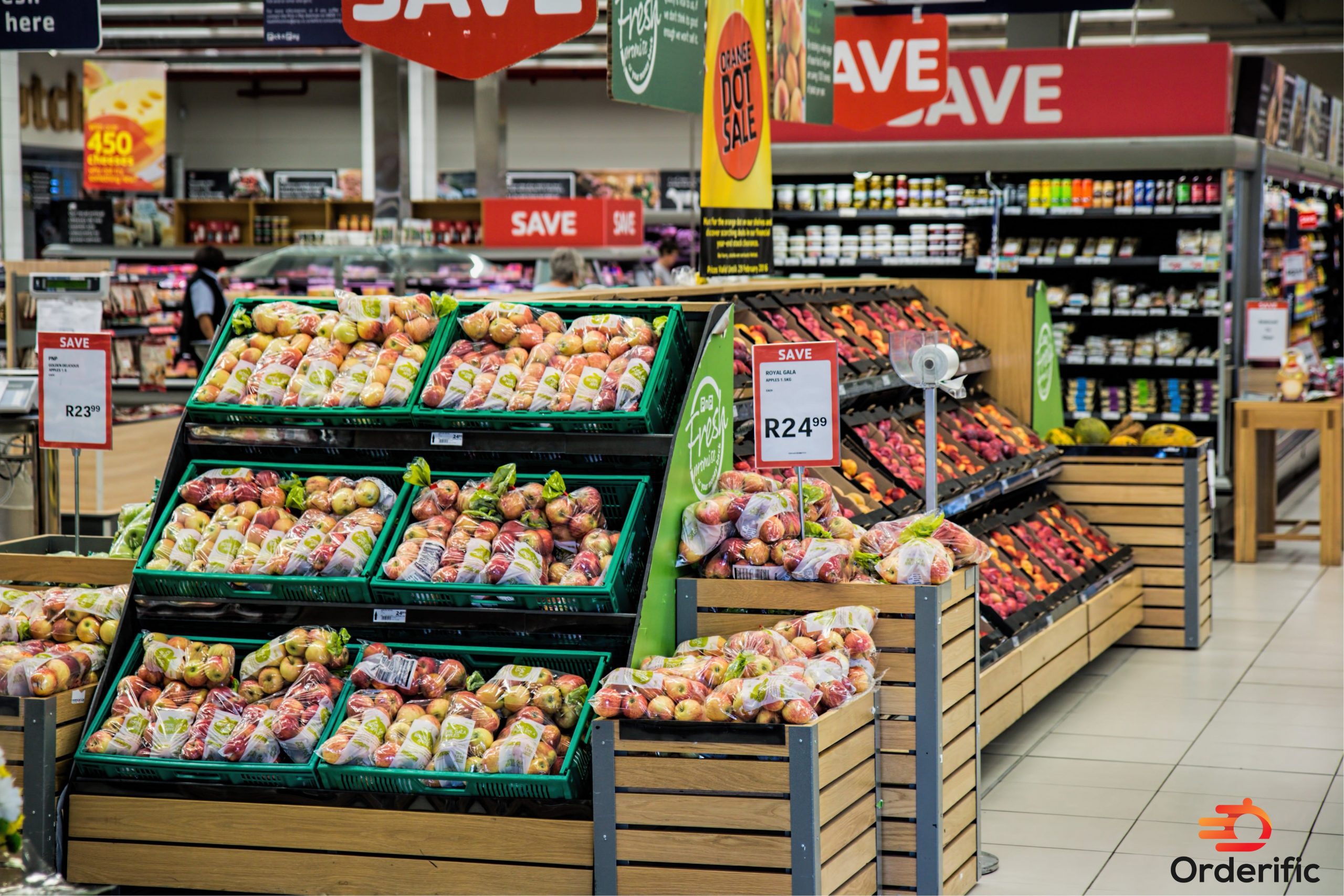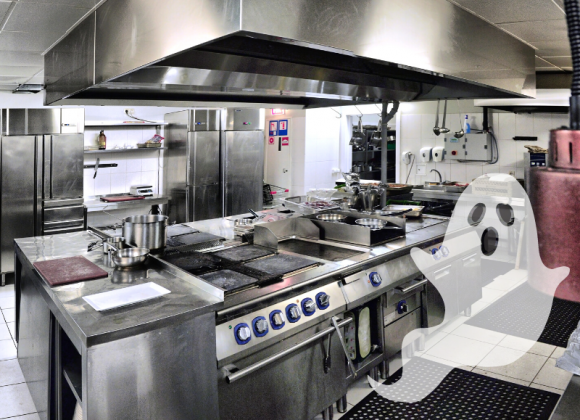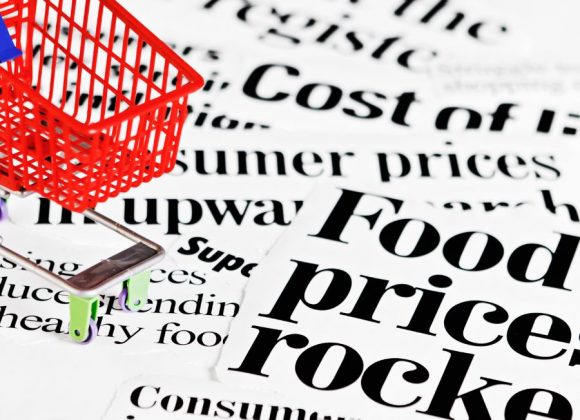Introduction
Welcome to the dynamic and consumer-driven world of retailer definition and about it. It is a sector that serves as the last link in the supply chain, directly reaching the ultimate consumer. A retailer, like Best Buy or Home Depot, is a vital cog in the commerce machine, buying large quantities from wholesalers and selling them in smaller amounts to customers. Whether it’s a physical store like a department store, convenience store, or online retailer in the digital domain, its goal is to provide products that match consumer needs. They also manage an efficient inventory system, engage in persuasive marketing, and ensure a smooth retail sale process. Whether it’s a small or large retail business, the focus is always on providing the best buy for the customer. This guide will delve deeper into the nuances of the retail sector, helping you understand its pivotal role in our daily lives of retailer definition.
What Is A Retailer definition?
In its most straightforward interpretation, a retail sale is when a retailer sells goods in small quantities to the ultimate consumer. This is the core principle of retailing. It considers both physical stores sales, like those in department stores and convenience stores, such as Home Depot, and online retail sales, adding to the diversity of sales channels.
Retailers, like Best Buy, purchase goods in large quantities from wholesalers and break them down into smaller, more manageable chunks for sale. These goods could range from electronics to groceries. The retailer then presents these goods in a retail store, be it a brick-and-mortar physical store or an online platform, targeting the consumer’s specific needs.
A retail business thrives on understanding the consumer. Retailers invest in strategic marketing to attract customers, ensuring the customer finds the perfect product at the best buy. The entire retailing process hinges on customer satisfaction, making the customer the focal point of any retail sale.
Behind the scenes, retailers manage an intricate supply chain, ensuring they maintain an efficient inventory system. This balance between supply and demand is crucial for the retail sector’s fluidity, affecting both large and small businesses.
At its heart, the retailer is a critical link in the chain, bridging the gap between wholesale and the ultimate consumer. Whether it’s in a department store, convenience store, or online retailer, the retailer’s role is critical in the commerce landscape, shaping our shopping experience by providing goods in the small quantity we require.
Types Of Retail Business
1. Independent Retailer
An independent retailer is a business that is privately owned and operated, typically characterized by a small scale and a localized operating region. These retailers play a unique role in the retail market, distinguishing themselves through personalized service, distinctive product offerings, and an intimate understanding of their local community. As single-store businesses, independent retailers offer a shopping experience that is often characterized by a unique charm and character that large chains may lack. With their flexibility, they can quickly adapt to market trends and customer preferences. These retailers are integral to the local economy, providing employment opportunities and contributing to the community’s economic vitality. However, independent retailers also face challenges, such as limited resources and intense competition from large-scale retail chains and e-commerce platforms. Despite these challenges of retailer definition, their presence offers a diverse shopping landscape for consumers, catering to niche market segments, and enhancing the overall retail industry’s dynamism and competitiveness.
2. Franchise/Franchising
Franchising is another common type of retail business. In this format, a franchisee pays an initial fee and ongoing royalties to a franchisor to use a company’s trademark, brand, and business model. This allows the franchisee to leverage the franchisor’s established brand reputation and proven business strategies. Common examples of franchised retailers include McDonald’s and 7-Eleven. The franchising model provides both parties with distinct advantages. The franchisor can expand its business with minimal investment, while the franchisee benefits from the franchisor’s comprehensive support in terms of training, marketing, and operational assistance. Despite the stringent operational guidelines that franchisees must adhere to the retailer definition, this model offers a lower risk for new entrepreneurs as they are investing in a tested and proven business system.
3. Dealership
A dealership is another prevalent type of retail business. Dealerships are authorized by manufacturers to sell their specific products and usually specialize in certain categories, such as automobiles, appliances, or electronics. Consumers are likely familiar with car dealerships like Ford or Toyota, which sell vehicles from the manufacturers and offer after-sales services. This type of retail business model allows manufacturers to maintain control over how their products are marketed and sold, while the dealer benefits from the manufacturer’s brand recognition and reputation. Dealerships provide consumers with a concentrated selection of products, specialized knowledge, and, in some cases, services like repair and maintenance. However, dealerships may face constraints in terms of pricing and the range of products they can offer, as these are usually dictated by the manufacturer. Despite these limitations, dealerships are a vital part of the retail ecosystem, offering consumers specialized products and services.
4. Existing Retail Store And Businesses
Existing Retail Store And Businesses represent a dominant type of retail business, operating under the same brand and following a standardized format across multiple locations. This business model provides economies of scale and wide geographical coverage. Retail chains like Walmart and Starbucks, with numerous locations nationwide or even globally, exemplify this model. These stores offer a consistent shopping experience regardless of the location, making them a reliable choice for consumers. They typically carry a wide assortment of goods and can leverage their large size to negotiate better prices with suppliers, often passing these savings onto consumers. However, the cookie-cutter approach of chain stores may lack the personalized service and unique products offered by independent retailers or specialty stores. Despite this, chain stores play an essential role in the retail industry, serving millions of customers daily and contributing to the sector’s overall growth and stability.
5. Network Marketing
Network marketing, often referred to as multi-level marketing (MLM), is a distinctive type of retail business model. In this model, independent representatives sell products directly to consumers, often in a non-store retail environment like a home or via the internet. These distributors earn income through direct sales of products and from the sales made by the distributors they recruit, creating a distribution network. This hierarchy of multiple levels of compensation is the source of the term ‘multi-level marketing’. Companies like Amway and Herbalife operate on this model.
The advantage of network marketing is the low start-up cost and the flexibility it offers to the distributors. They can work part-time and determine their own work schedule. It also provides an opportunity to build a business with the potential for residual income. However, network marketing also has drawbacks. The MLM model has been criticized for its similarity to pyramid schemes and the emphasis on recruitment over product sales.
What Does Supply Chain Mean For Retail Stores?

In the world of retail, a retailer serves as a critical intermediary, purchasing goods in large quantities from wholesalers and selling them in small quantities to the ultimate consumer. This process, known as retailing, can happen in a physical store like Home Depot or a department store, and also through online retailers. The primary goal of a retailer, whether it’s a small business or a large retail business like Best Buy, is to ensure the customer finds the perfect product at the best price.
The retail business relies heavily on understanding and satisfying the customer’s needs. To achieve this, retailers invest heavily in marketing strategies that appeal to the consumer. The retail sector, including convenience stores or online retail platforms, shapes the shopping experience by providing goods in the quantities that consumers require.
Retail sale, whether it occurs in a physical store or through online sales channels, is at the heart of the retail sector. Retailers manage an intricate supply chain to maintain an efficient inventory system, balancing supply and demand. This fluidity is crucial to the retail sector’s operations, influencing both small and large businesses.
Retailing types range from independent retailers, franchises, dealerships to network marketing, each catering to different market segments and contributing to the dynamism of the retail sector.
Whatever the type of retailer, they all share the common goal of providing the best buy for the customer, making the customer the central point of any retail sale. In doing so, they bridge the gap between the wholesaler and the ultimate consumer, shaping our shopping experience and playing an essential role in the commerce landscape.
What Is Online Retail Business?
The world of retail encompasses a complex and dynamic ecosystem where the retailer is the critical link connecting a vast array of goods to the ultimate consumer. Retail businesses, whether an independent store, a franchise, dealership, or network marketing entity, all focus on providing the best buy for the customer, making this sector invaluable to the commerce landscape.
Retailers, like Best Buy or Home Depot, purchase goods in large quantities from wholesalers, and sell in smaller quantities to the customer. This sale can take place within a physical store or online through e-commerce platforms. Regardless of the sales channel, the retailer’s foremost goal is to ensure that the customer finds the perfect product at the right price.
As a crucial intermediary, retailers also manage an elaborate supply chain, ensuring an efficient inventory system that balances supply and demand. This fluidity is pivotal to the operations of both small businesses and large retail businesses. The retail sector, thus, effectively streamlines the journey of goods from the wholesaler to the ultimate consumer.
Marketing plays a significant role within the retail business, with strategies designed to attract consumers and meet their needs. Whether shopping in convenience stores, department stores or online, the shopping experience is shaped by retailers who understand and prioritize the customer’s requirements.
Can I Start My Own Online Retail Business?
In the commerce landscape, retailers orchestrate the journey of goods from wholesalers to the ultimate consumers, offering a wide array of products in small quantities that meet the customer’s needs. Whether it’s a physical store like Home Depot or online retailers, the role of the retailer is crucial in shaping our shopping experience.
Retail businesses, be it a small business, a retail store, or a large chain like Best Buy, focus on providing goods to the consumer at the best possible price. They invest heavily in marketing strategies to understand and meet the customer’s needs, making the customer the central point of any retail sale.
Behind the scenes, retailers manage a complex supply chain, ensuring an efficient inventory system that balances supply and demand. This fluidity is vital for both small and large businesses of retailer definition. Supply chain management allows retailers to maintain an adequate inventory of goods, ready for sale.
Whether it’s a convenience store, a department store, or online retail platforms, retailers shape the shopping experience by providing goods in the quantities that consumers require. Retail sale, whether it occurs in a physical store or through online sales channels, is at the heart of the retail sector. Retailers, thus, represent the vital link in the chain, bridging the gap between the wholesaler and the ultimate consumer.
The world of retailing is diverse, ranging from independent retailers, franchises, dealerships to network marketing. Each type of retail business caters to different market segments, contributing to the dynamism of the retail sector.
How To Boost Sales On Your Online Retail Business?
• Do Advertisements
Advertisements play an instrumental role in increasing sales for your online retail business. An effective advertising strategy can boost brand visibility, increase customer engagement, and ultimately drive sales in retailer definition. Techniques such as search engine optimization and pay-per-click advertising can enhance your online presence, ensuring that your products are readily visible to potential customers. Social media platforms also offer a powerful advertising medium, enabling targeted ad campaigns that can reach a vast audience in retailer definition. Consistent, engaging content can attract and retain customer attention, encouraging them to explore your offerings. Additionally, personalized ads, based on consumer behavior and preferences, can significantly enhance the customer experience, leading to increased conversion rates. By investing in robust advertising strategies, online retailers can elevate their brand, engage effectively with their target audience, and increase sales.
• Show-Off Testimonials
Customer testimonials are a powerful tool for boosting sales in an online retail business. These firsthand accounts from satisfied customers provide credible, real-world endorsements of your products, influencing potential customers’ purchasing decisions. By featuring testimonials prominently on your website and social media platforms, you can convey the value and quality of your offerings. Compiling a collection of positive reviews can build trust and credibility for your brand. Testimonials can also highlight specific benefits or features of your products, providing practical examples of how they meet customers’ needs. Moreover, they can generate a sense of community among your customers, fostering a loyal customer base. Therefore, leveraging customer testimonials effectively can enhance your business’s reputation, strengthen customer relationships, and ultimately, increase sales.
• Provide Payment Options
Offering multiple payment options is a key strategy to boost sales in your online retail business. By accommodating various payment methods, from credit and debit cards to digital wallets and direct bank transfers, you increase the convenience for customers, enhancing their shopping experience. Some customers may prefer traditional payment routes, while others may lean towards more modern, digital forms. By catering to all these preferences, you reduce the chances of cart abandonment due to payment issues. Furthermore, secure payment processing can reassure customers about the safety of their financial information, fostering trust in your brand. Keep in mind that the choice of payment options should balance customer convenience and business cost-effectiveness. In essence, providing a variety of secure, easy-to-use payment options can significantly improve customer satisfaction and drive sales in your online retail business of the retailer definition.
• Mobile Optimization
Optimizing your online retail business for mobile is a crucial strategy to boost sales. With the growing prevalence of smartphones and mobile internet usage, more customers are shopping on their mobile devices. Therefore, a mobile-optimized website or a mobile app can significantly enhance the customer experience, making it easier for them to browse and purchase products. Your mobile platform should offer all the features of your desktop site, including search functions, product descriptions, and secure payment options. It should also be intuitive and easy to navigate. Furthermore, a mobile-optimized site improves your search engine ranking, enhancing your online presence and visibility to potential customers. In essence, mobile optimization is not just an optional feature but a necessity in today’s retail landscape. It can significantly increase your reach, improve customer engagement, and ultimately, drive sales for your online retail business.
Conclusion
In the dynamic world of retail, understanding the mechanisms of the sector is crucial of retailer definition. From the individual store on the corner to the vast expanse of online retail, the retailer’s role in shaping the consumer’s shopping experience cannot be understated. They are the critical link, connecting an array of goods to the consumer, ensuring a smooth flow of products from the wholesaler to the ultimate consumer. Whether through physical stores or online platforms, retailers focus on providing the best possible shopping experience for their customers, shaping the commerce landscape. In this digital age, an online retail business has immense potential and if managed effectively, can boost sales significantly. Hence, understanding the retail sector, its operations, and its impact is crucial for both consumers and businesses.
If you’re looking to elevate your retail business, consider exploring Orderific. Through its innovative solutions, Orderific can help streamline your operations, improve the customer shopping experience, and boost your sales. To learn more about how Orderific can transform your retail business, book a demo today.
FAQs
What does the term ‘retailer’ mean in business?
A retailer is a business or individual that sells goods directly to the consumer.
How does a retailer differ from a wholesaler or manufacturer?
A retailer sells goods to the final consumer, while a wholesaler sells goods in bulk to retailers, and a manufacturer produces the goods.
What are the responsibilities of a retailer in the supply chain?
A retailer’s responsibilities in the supply chain include acquiring goods from wholesalers, managing inventory, and selling products to the end consumers.
How does the concept of e-commerce tie into the retailer definition?
E-commerce expands the retailer’s role to digital platforms, enabling the sale of goods directly to consumers through the internet.













